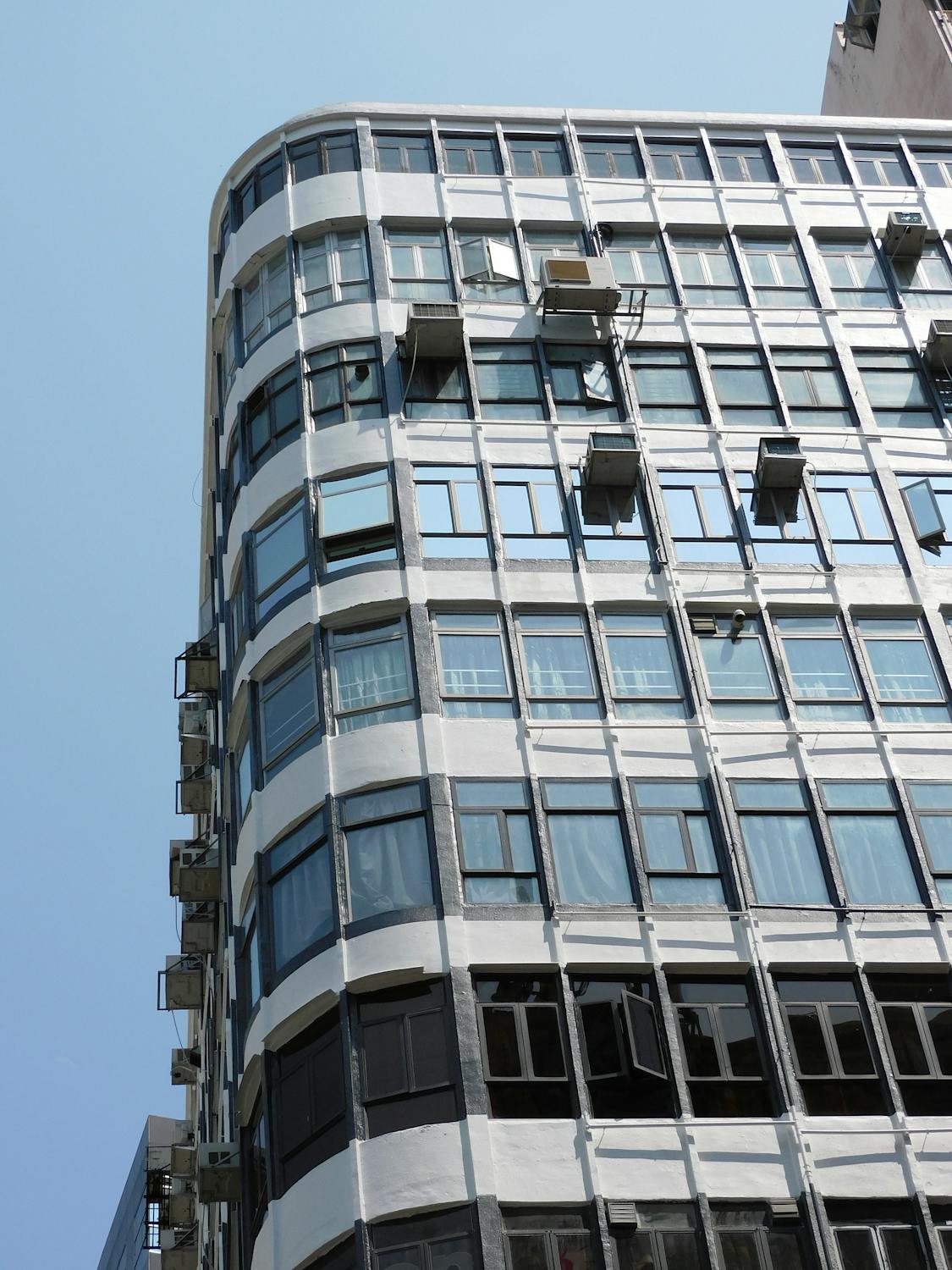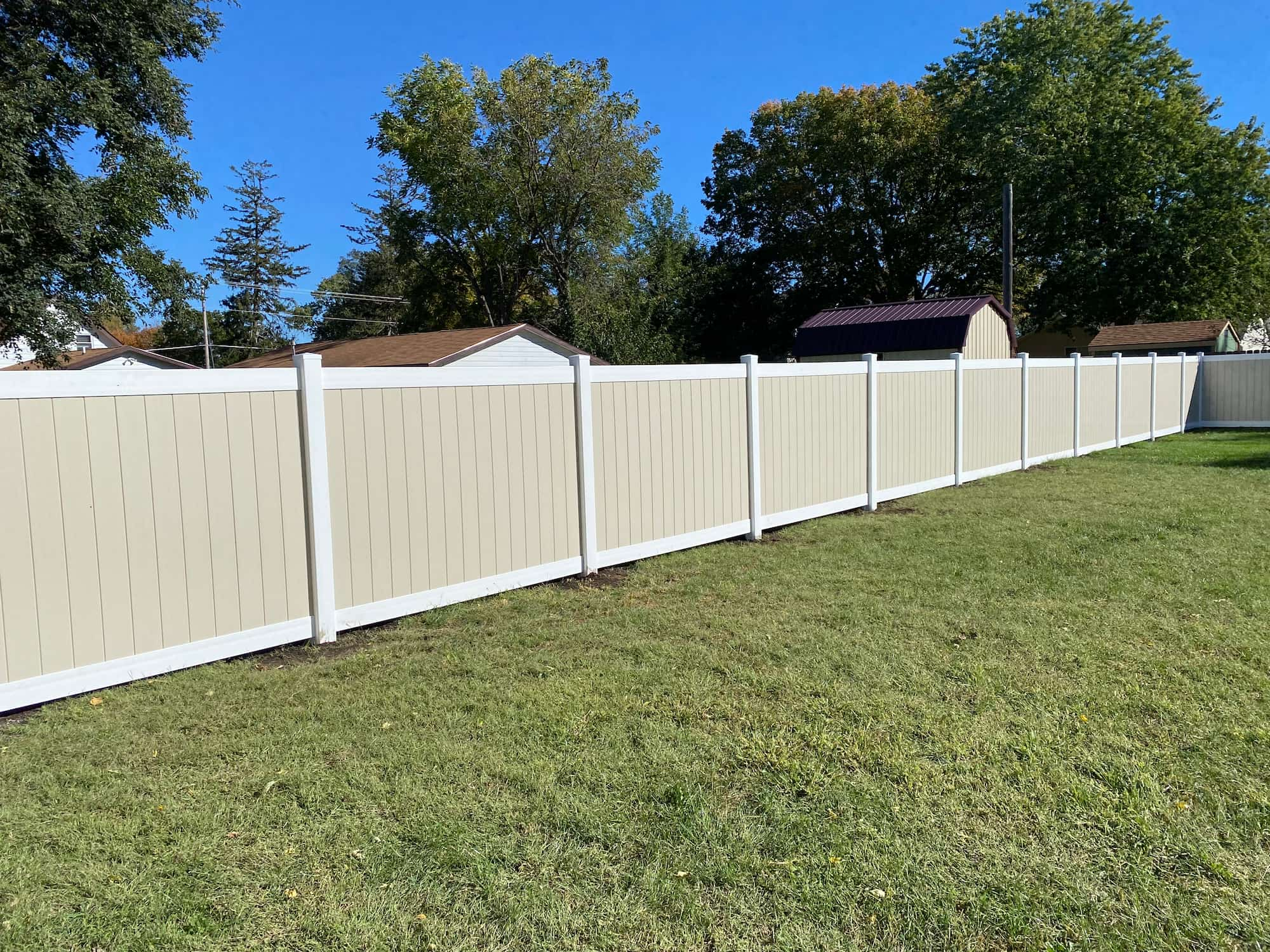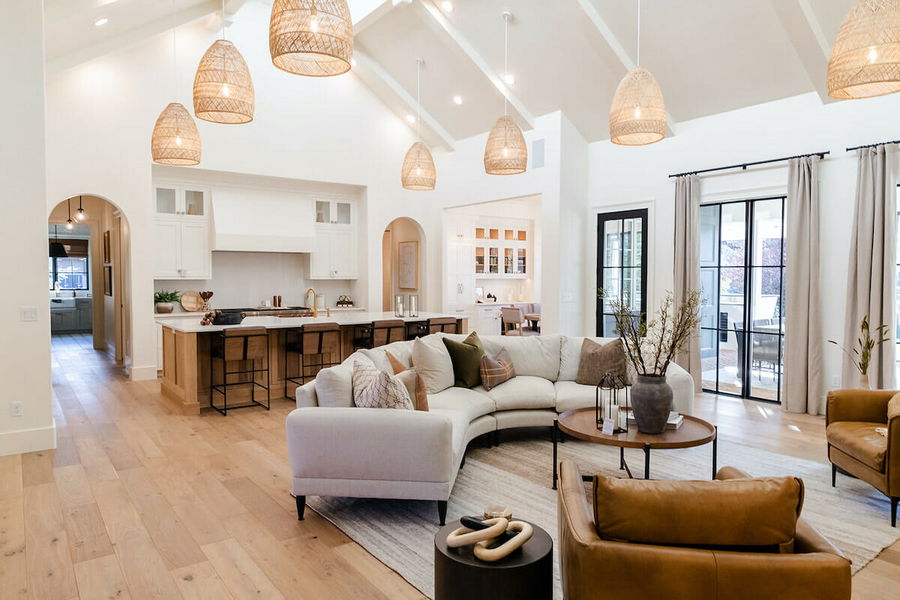Commercial and Retail Property Managers – Energy Savings Tips for Better Property Performance
Energy consumption in a commercial or retail property accounts for almost 1/3 of building operational costs. It is likely that this ratio will remain similar or even potentially grow over time. Energy has now become one of the more critical elements of expenditure management in a commercial or retail property.
Property managers, landlords, and tenants need to work together to achieve a sensible balance of energy consumption in a managed property. Throughout the year there will be challenges of property usage, seasonal changes, and customer interaction that apply unique requirements on energy consumption. Energy management is a fine balance requiring constant monitoring.
Some tips for energy management
When you take over a property to manage, the history of energy consumption should be sourced. You need to look at a period of time that will give you some indications of seasonal change and patterns of gross cost.
Each year there will be levies and charges that apply to energy consumption; allow for them in your budgetary processes. On that basis you should work with your building and maintenance contractors to ensure that optimal plant and machinery performance is maintained. Here are some further ideas to consider as part of that process.
- Times of property operation will place various pressures on energy costs. In the case of a retail property the extended hours of operation will escalate the energy consumption. In most situations, the outgoings for a retail property are considerably higher than those that apply to an office property.
- Tenant usage of property should be carefully considered. Whilst the tenants would normally pay for their individual energy consumption, the extended hours of tenancy trade will apply extra costs to the common area energy consumption. Air conditioning and lighting will be a significant part of that extra cost and analysis.
- Power meters and consumptions should be recorded on a tenant by tenant basis. Firstly you should make sure that all tenant energy consumption is being recovered or paid correctly under the terms of the lease. Secondly you should ensure that the common area electricity is correctly proportioned across the tenancies in the property. In the case of gross rentals, outgoings recovery of common area energy is not normally possible and therefore the landlord should have adjusted the gross rental accordingly for the extra recovery offset from each tenant.
- Seasonal changes to energy will happen as a direct result of climatic change and property usage. In the case of retail property, customers will flock to the property to escape the pressures of the prevailing climate and season. Extra people coming to the property will mean extra energy costs. This should be incorporated into your budgetary processes.
- Energy audits should occur at least every six months. The object of the audit is to understand that all charges are being correctly recovered under the terms of lease documentation, and that any common area electricity is correctly proportioned into the property outgoings budget and performance processes.
- Air conditioning operational costs will include electricity. Normally the air conditioning in an office building should operate between the standard hours of 9.00 AM to 5.00 PM Monday to Friday. In the case of a retail property, these hours will be extended depending on property usage and the days of trading. The property manager and the building engineer need to understand the pressures and costs of operating the air conditioning and then balance of those requirements into property usage.
- Energy use and modifications can always occur. It is simply a matter of looking at the hours of operation that apply to the lighting, plant and machinery, and air conditioning and seeing what changes can be achieved. The building contractors will provide expert comment where required. This review process should occur prior to the preparation of the building annual budget.
- Lighting systems can be modified to use more efficient appliances and tubes. The timing of the use of lighting systems can also be reviewed. Due regard should be given to the customers and tenants that use the property and aspects of security that should be maintained.
- Off peak power consumption may give you some energy savings and the hours of operation for the plant and machinery could be adjusted for the off peak energy advantage. When in doubt, seek experts to help you here.
A well-managed property will incorporate strategies of energy management and energy restraint. This will then reflect in competitive outgoings costs for the tenants and for the landlord.








